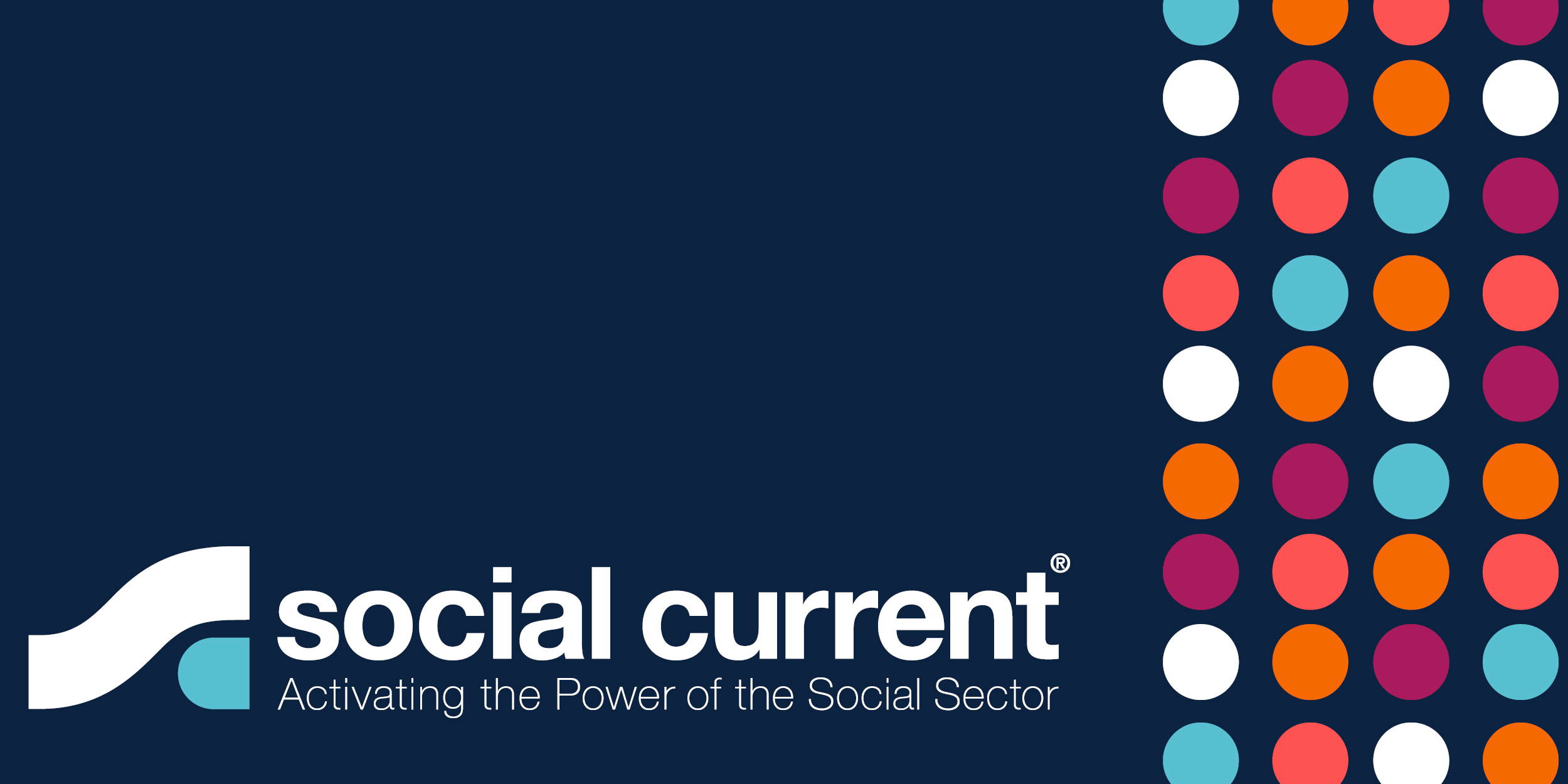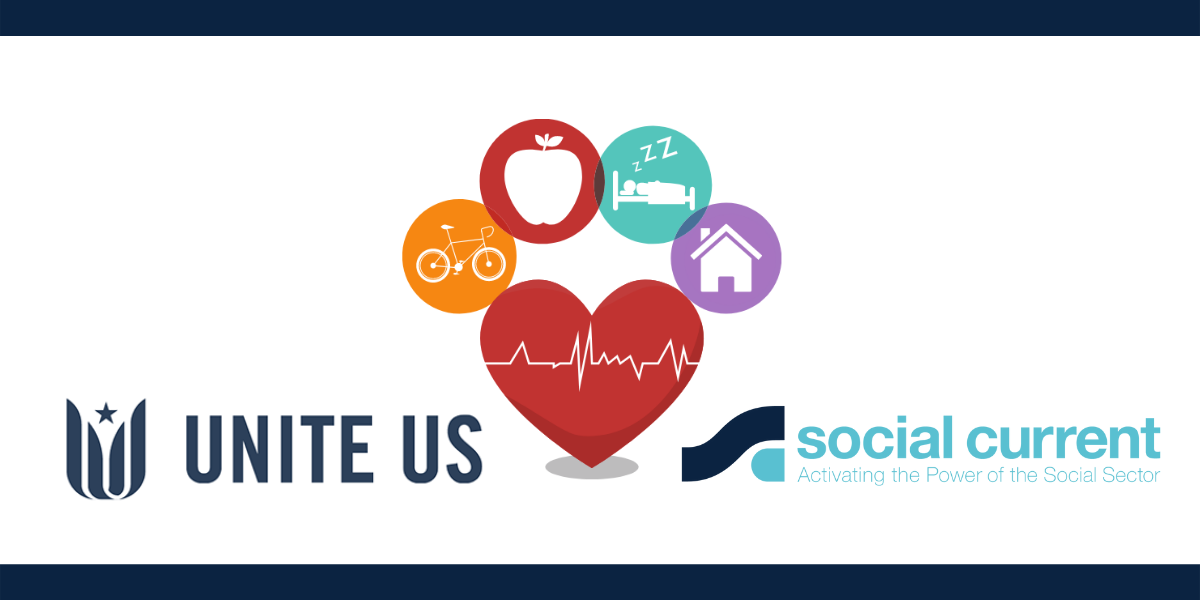Government Affairs and Advocacy
Dec. 4 Federal Update: Nonprofits Nationwide Sign Letter in Support of the Streamlining Federal Grants Act
More than 800 nonprofits have joined a sign-on letter to Congress in support of the Streamlining Federal Grants Act (S. 2286/H.R. 5934). Social Current has been active in advocating for federal grant reform, and in collaboration with the National Council of Nonprofits, has been educating the sector on the importance of this legislation that would enhance the efficiency and performance of federal grants and cooperative agreements.
Social Current’s Senior Director of Government Affairs Blair Abelle-Kiser commented on the importance this act has for the sector:
“I believe the Streamlining Federal Grants Act is a transformative step toward a more efficient and equitable grant administration system. By addressing critical issues and advocating for coordination, transparency, and equitable access, this legislation has the potential to empower nonprofits and uplift underserved communities across the nation.”
Grassroots advocacy by community-based organizations has been instrumental in building support in Washington, D.C., for the Streamlining Federal Grants Act. Since Social Current hosted its first-ever Capitol Hill Day on October 18, during which dozens of our network organizations met with members of Congress and staff, eleven members of Congress have cosponsored the bill.
These new cosponsors include Derek Kilmer (D-Wash.), Sara Jacobs (D-Calif.), Jimmy Panetta (D-Calif.), Rudy Yakym (R-Ind.), David Trone (D-M.D.), Chuck Edwards (R-N.C.), Joseph Morelle (D-N.Y.), Brian Fitzpatrick (R-Penn.), Jake Auchincloss (D-Mass.), Yadira Caraveo (D-Colo.) and Doug LaMalfa (R-Calif.).
Please sign onto the letter endorsed by more than 800 other nonprofits and help keep up the momentum!
HHS and DOE Release New Resource for Inclusion of Children with Disabilities in Early Childhood Programs
The U.S. Department of Education (DOE) and the U.S. Department of Health and Human Services (HHS) have collaboratively issued an updated policy statement highlighting the value of integrating children with disabilities into early childhood programs. This revised statement expands upon a 2015 version, reaffirming dedication and urgency to surmount obstacles hindering these children from fully engaging in inclusive early childhood programs. The revision aligns with President Biden’s executive order focusing on enhanced access to top-tier care and bolstering support for caregivers. Secretary of Education Miguel Cardona said, “Our nation’s youngest learners – including those with disabilities – deserve access to high quality early childhood programs that nurture their potential and provide a strong foundation for future success.”
With over 61 million U.S. adults grappling with disabilities and nearly one in six children experiencing developmental delays, the administration has advocated for a culture of inclusion spanning from birth to education and extending into communities and workplaces, according to HHS and DOE. The statement underscores the need for inclusive environments, presenting updated guidelines for implementing programs administered under the Individuals with Disabilities Education Act, Head Start, childcare, home visiting, preschool, and public schools. It also includes evidence-based models and resources to facilitate tailored programming for children with disabilities in early childhood programs.
Administration Launches 2024 Marketplace Open Enrollment Period
The Biden-Harris administration announced that more than 4.5 million people have opted for health insurance plans through the Affordable Care Act (ACA) Health Insurance Marketplace in the ongoing 2024 Marketplace Open Enrollment Period (OEP), between Nov. 1 and 18. This data encompasses the 32 states using HealthCare.gov up to week three, and in the 17 states as well as the District of Columbia with State-based Marketplaces until week two. Among these selections, 920,000 individuals (20% of total) are newcomers to the Marketplaces for 2024, while 3.7 million people (80% of total) possess existing 2023 coverage.
In a statement, Secretary of Health and Human Services Xavier Becerra highlighted the robust launch of this year’s enrollment season, stressing four out of five individuals can secure a plan for $10 or less per month after subsidies on HealthCare.gov. According to the administration, the Inflation Reduction Act has played a role in reducing costs and enhancing benefits; it is anticipated 9 out of 10 customers will be eligible for savings. During the OEP, almost 96% of HealthCare.gov consumers have the option to choose from at least three health insurers. The highly competitive Marketplace for 2024 offers various plan choices, encouraging individuals to revisit and shop for plans that better align with their needs at a reduced cost.
The 2024 OEP spans from Nov. 1, 2023, to Jan. 15, 2024, and individuals enrolling by midnight on Dec. 15 can secure full-year coverage starting on Jan. 1, 2024. The administration also provides support through Navigator Awards to organizations aiding in consumer assistance.
Congress Punts Federal Budget Negotiations Until Next Year
President Joe Biden signed a temporary funding bill on Nov. 16, following the Senate’s bipartisan approval in a vote of 87-11. The legislation, referred to as a continuing resolution (CR), effectively averts the risk of a government shutdown until after the holiday season. The CR garnered substantial backing in the House, securing a vote of 336-95 on Tuesday. Senate Majority Leader Chuck Schumer (D-N.Y.) highlighted the significance of bipartisan collaboration in ensuring government operations without detrimental cuts or contentious provisions.
Crafted by House Speaker Mike Johnson (R-La.), the CR allocates funds to specific departments such as Agriculture, Transportation, Housing and Urban Development, and Veterans Affairs until Jan. 19, 2024. The Defense Department, along with Health and Human Services, Education, and other government components, will receive funding until Feb. 2. Johnson’s strategy was aimed at avoiding a last-minute comprehensive spending package ahead of Christmas. Notably, the CR is characterized as “clean,” devoid of spending cuts or policy disputes that could isolate Democrats, and it excludes a supplemental package addressing matters like aid for Israel and Ukraine, humanitarian assistance, or border security.
This interim measure grants additional time for House Republicans to pass remaining appropriations bills and for negotiators in both the House and Senate to finalize funding agreements. Despite challenges, Johnson maintains an optimistic outlook, underscoring the ongoing process of consensus-building within the Republican ranks.
Subscribe to the Policy and Advocacy Radar to receive our biweekly policy roundup, which includes commentary on issues in Social Current’s federal policy agenda, opportunities to take action, and curated news and opportunities.



